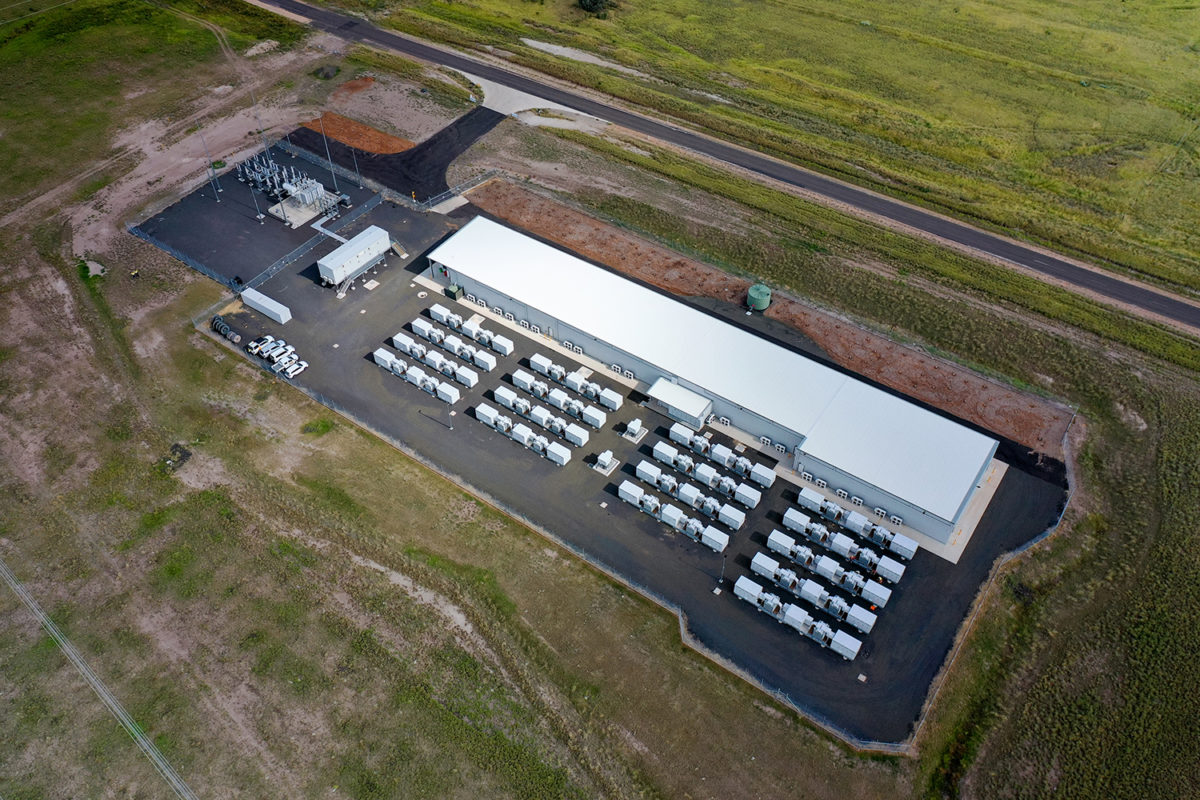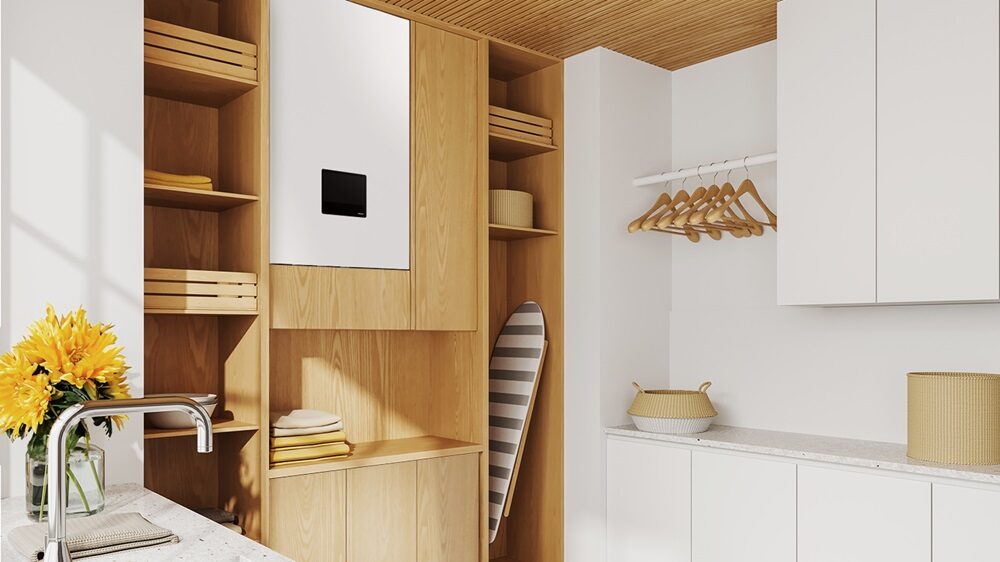Singapore-based developer Vena Energy has confirmed that its 100 MW/150 MWh Wandoan South Battery Energy Storage System (BESS) project in Queensland’s Darling Downs region had commenced full commercial operations after a successful 18-month testing and commissioning phase.
Vena Energy said on Wednesday that full operational dispatch rights of the Wandoan South battery have now been formally handed over to Australia’s biggest power producer, AGL Energy, as part of a long-term power purchase agreement.
Located near Wandoan in Queensland’s south-west, the project is the largest battery yet connected to the grid in the state and one of the largest in Australia. It has a capacity of 100 MW and can store up to 150 MWh of energy – equivalent to powering approximately 57,000 average-sized Australian households annually.
Owen Sela, the head of Vena Energy Australia, said reaching operational status for the project represents a “transformative milestone” for both the company and Australia’s renewable energy future with the battery expected to play a major role in improving grid stability and support the state’s shift to renewable energy.
“We believe that energy storage is the key in addressing the intermittency of renewable energy, and the Wandoan South BESS will play a pivotal role in the acceleration of Australia’s green energy transformation and contributing to climate change mitigation,” he said.
“With the largest utility scale battery in Queensland now operational, it will encourage more renewable energy generation and help manage the supply and demand balance in the national electricity grid.”
Vena Energy, which earlier this year reached financial close for stage two of the Tailem Bend project in South Australia last year, has indicated the Wandoan South BESS is just the first phase in the larger Wandoan South Project, which will eventually feature 650 MW of solar PV and 450 MW of energy storage capacity.
Sela said full operational dispatch rights of the Wandoan South BESS have been handed over to AGL which will now dispatch the battery on a day-to-day basis under a fixed long-term contract for 15 years.
AGL Chief Operating Officer Markus Brokhof said the battery will be capable of storing clean energy during times of low demand and dispatching it at times of low production or peak demand.
“During the day when renewables are online, the Wandoan South BESS is able to store this energy and then release it when the sun isn’t shining, the wind isn’t blowing, or other forms of generation are offline,” he said.
“This is important for providing security to the energy market and avoiding system constraints, particularly in areas like the Darling Downs with a large local load and the potential for a high renewable energy build over the coming decade.”
AGL said the battery will allow it to leverage excess solar generation in Queensland and provide capacity when renewable energy projects are not generating.
For AGL, the Wandoan battery deal is part of its strategy to substantially increase its flexible storage and generation capacity to support the transition from coal generation to renewables.
The energy giant has already commenced construction on a 250 MW/1 GWh battery being developed at the site of its Torrens Island power station in South Australia and has secured planning approval for a 500 MW/2 GWh battery to be developed at the site of its coal-fired Liddell power plant in New South Wales.
AGL has also unveiled plans to build a 200 MW/800 MWh battery at Loy Yang A power station in Victoria, has received the tick of approval from NSW planning authorities for a 50MW/100MWh battery in Broken Hill, and has announced a deal with Maoneng Group to buy capacity from four 50 MW /100 MWh batteries in NSW. It is already operating the 30 MW/8MWh BESS at Dalrymple in South Australia.
This content is protected by copyright and may not be reused. If you want to cooperate with us and would like to reuse some of our content, please contact: editors@pv-magazine.com.




By submitting this form you agree to pv magazine using your data for the purposes of publishing your comment.
Your personal data will only be disclosed or otherwise transmitted to third parties for the purposes of spam filtering or if this is necessary for technical maintenance of the website. Any other transfer to third parties will not take place unless this is justified on the basis of applicable data protection regulations or if pv magazine is legally obliged to do so.
You may revoke this consent at any time with effect for the future, in which case your personal data will be deleted immediately. Otherwise, your data will be deleted if pv magazine has processed your request or the purpose of data storage is fulfilled.
Further information on data privacy can be found in our Data Protection Policy.